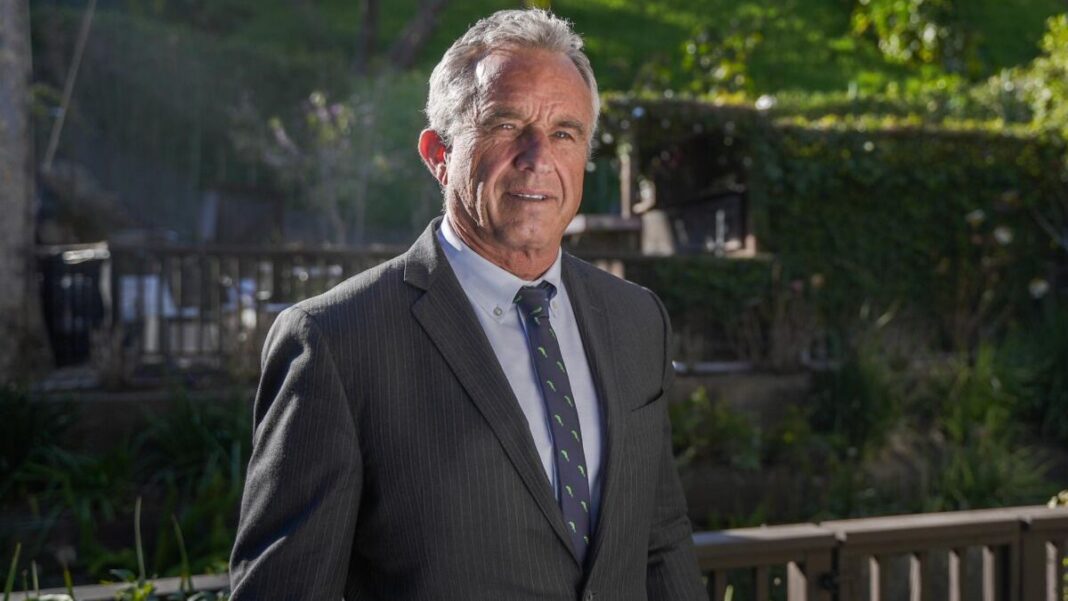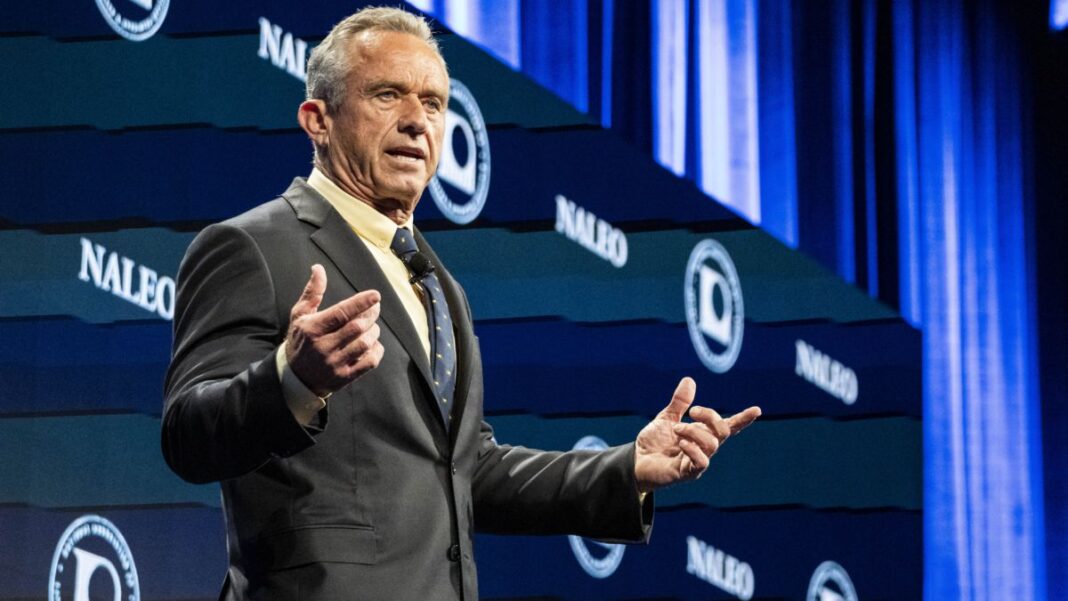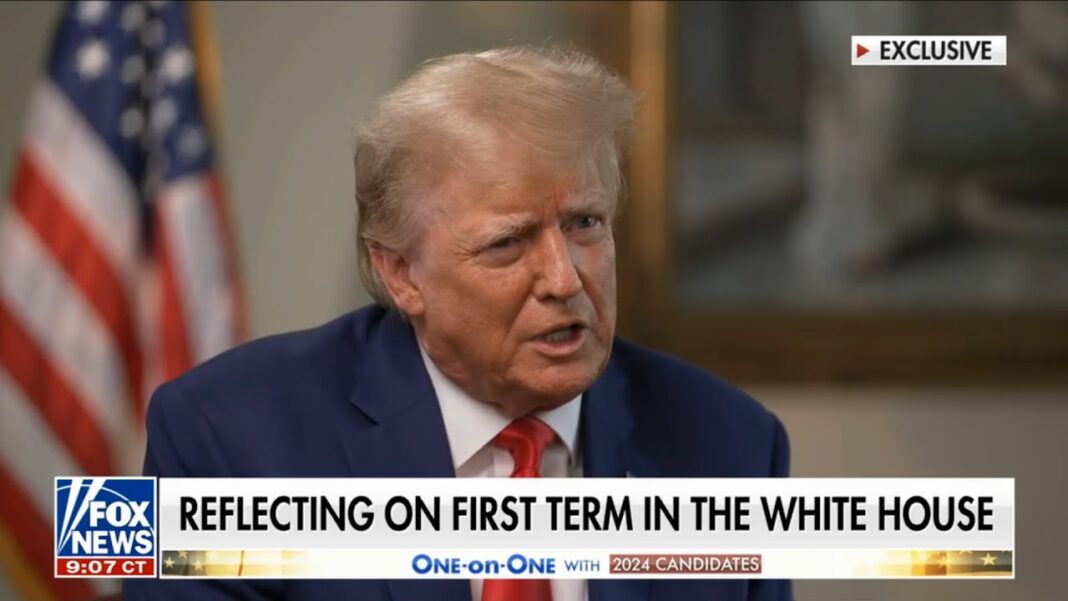Republicans on the House Select Subcommittee on the Weaponization of the Federal Government are moving ahead with plans to hear testimony from Democratic presidential candidate Robert F. Kennedy, after House Democrats and their supporters raised accusations Mr. Kennedy had made anti-Semitic remarks.
At a July 11 campaign event, Mr. Kennedy described research indicating that the genetic structure of SARS‑CoV‑2 had differing impacts on individuals of different races and ethnicities, including a lesser impact on ethnic Chinese and Ashkenazi Jews. Mr. Kennedy also discussed how bioweapons could potentially be designed with the intent to harm certain ethnic groups over others. The New York Post published an article based on Mr. Kennedy’s remarks, with the headline “RFK Jr. says COVID may have been ‘ethnically targeted’ to spare Jews.”
Mr. Kennedy has insisted he was not claiming SARS‑CoV‑2 was deliberately modified to “spare Jews,” as the New York Post put it. The controversy over his remarks comes as he’s scheduled to testify before the House Government Weaponization Subcommittee on July 20, where he will discuss government collusion with big tech companies to censor free speech.
The Congressional Integrity Project (CIP), an activist group with the stated goal of defending President Joe Biden and Democrats against Republican congressional investigations, sent a letter (pdf) to Rep. Jim Jordan (R-Ohio) on Sunday, accusing him and other House Republicans of an “antisemitic pattern” of behavior and calling for them to disinvite Mr. Kennedy. House Minority Leader Hakeem Jeffries (D-N.Y.) also issued a statement on Sunday, similarly accusing Mr. Kennedy of repeating a “vile antisemitic trope” and calling for his remarks to be “uniformly condemned.” Reps. Debbie Wasserman Schultz (D-Fla.) and Daniel Goldman (D-N.Y.), who sit on the House Government Weaponization Subcommittee, also spoke out against Mr. Kennedy’s remarks.
Mr. Jordan rebuffed the Democratic pressure campaign to disinvite Mr. Kennedy on Monday. The Republican lawmaker distanced himself from Mr. Kennedy’s remarks about COVID-19 but insisted the House Government Weaponization Subcommittee would still have him on to talk about coordinated efforts between government offices and social media companies to throttle speech.
By Ryan Morgan







